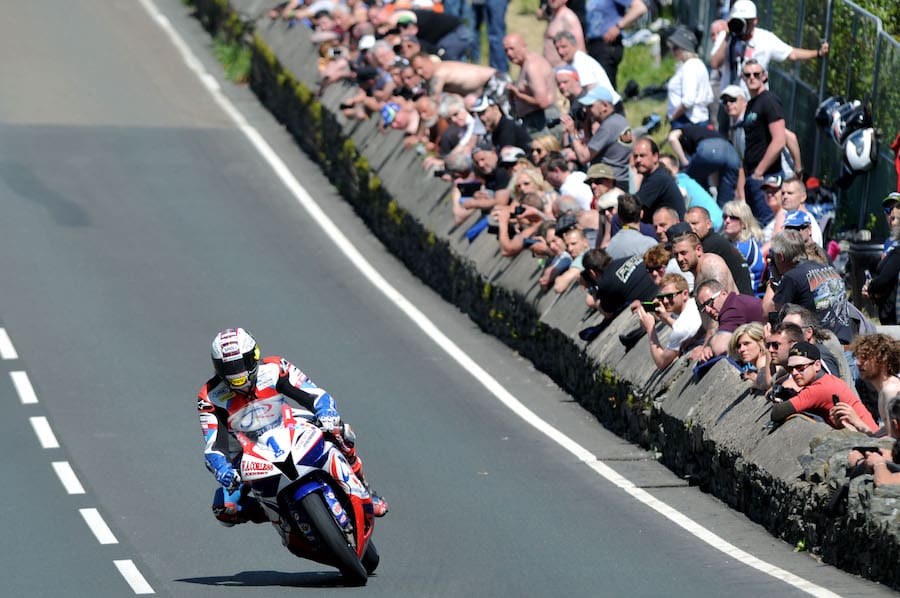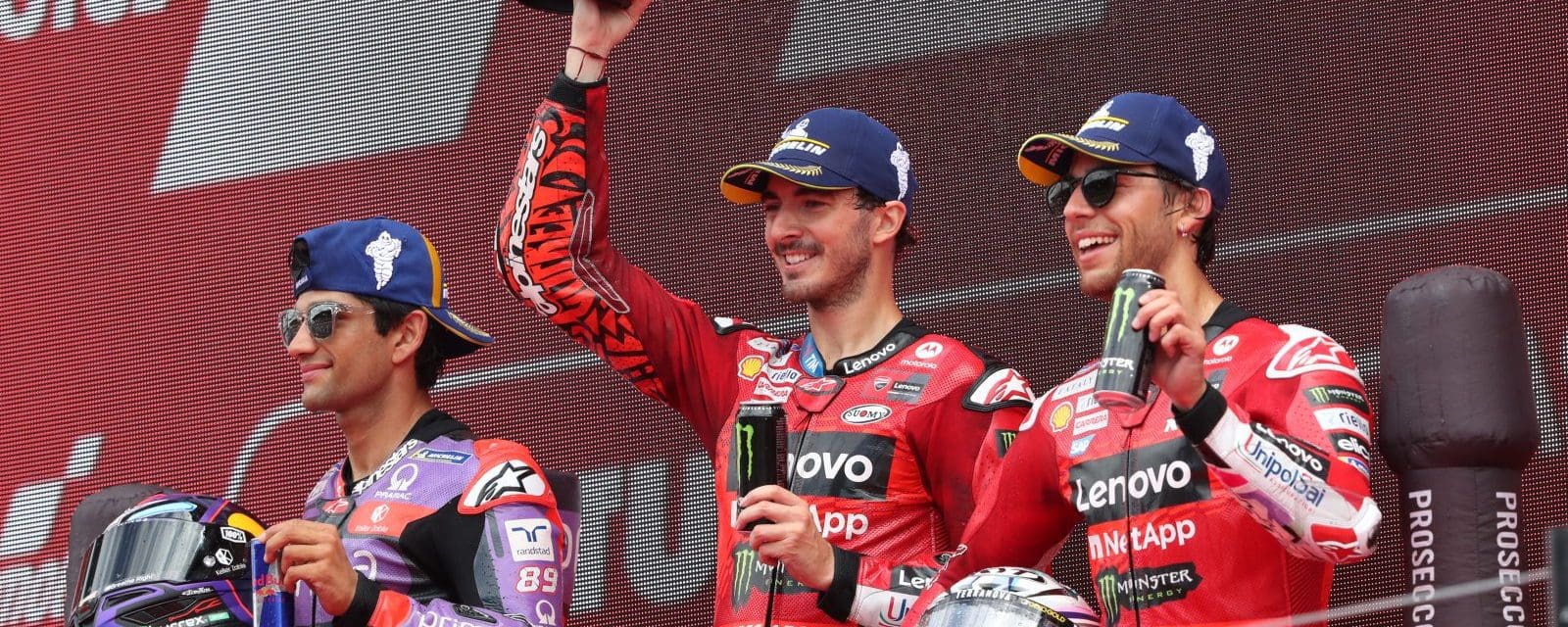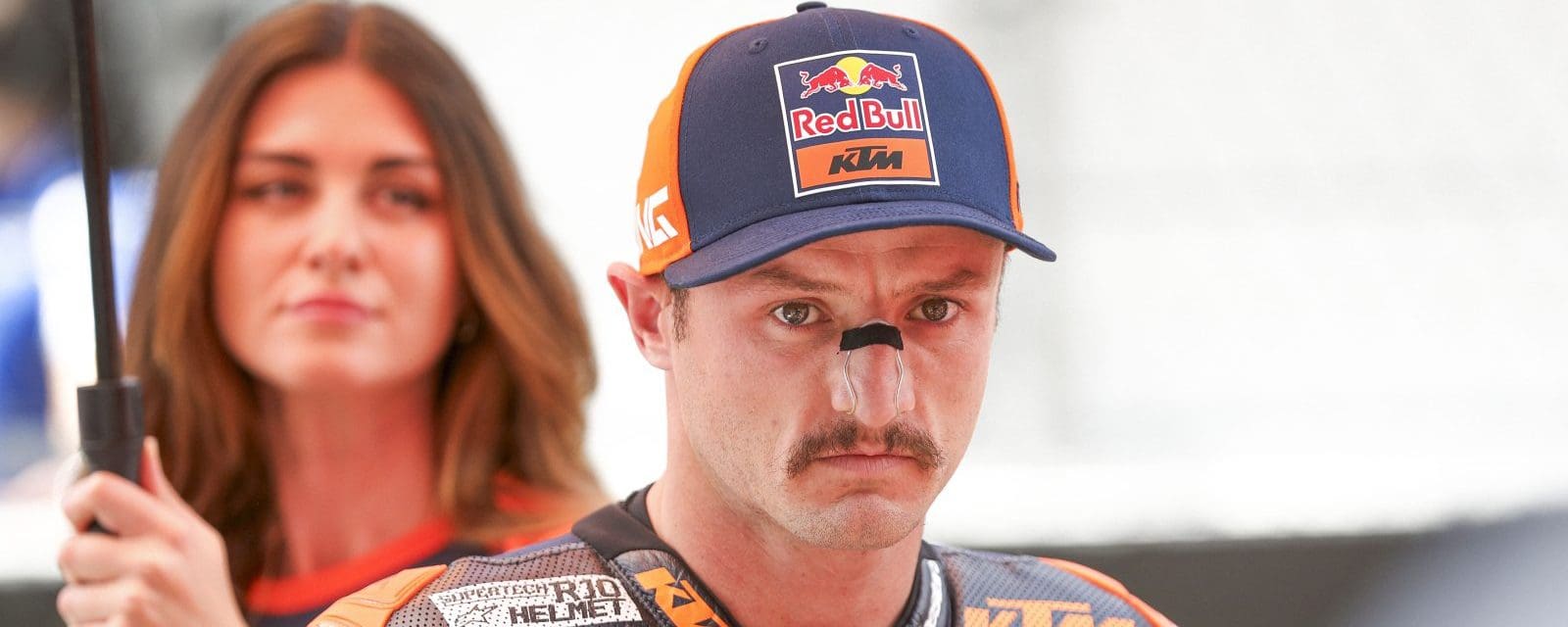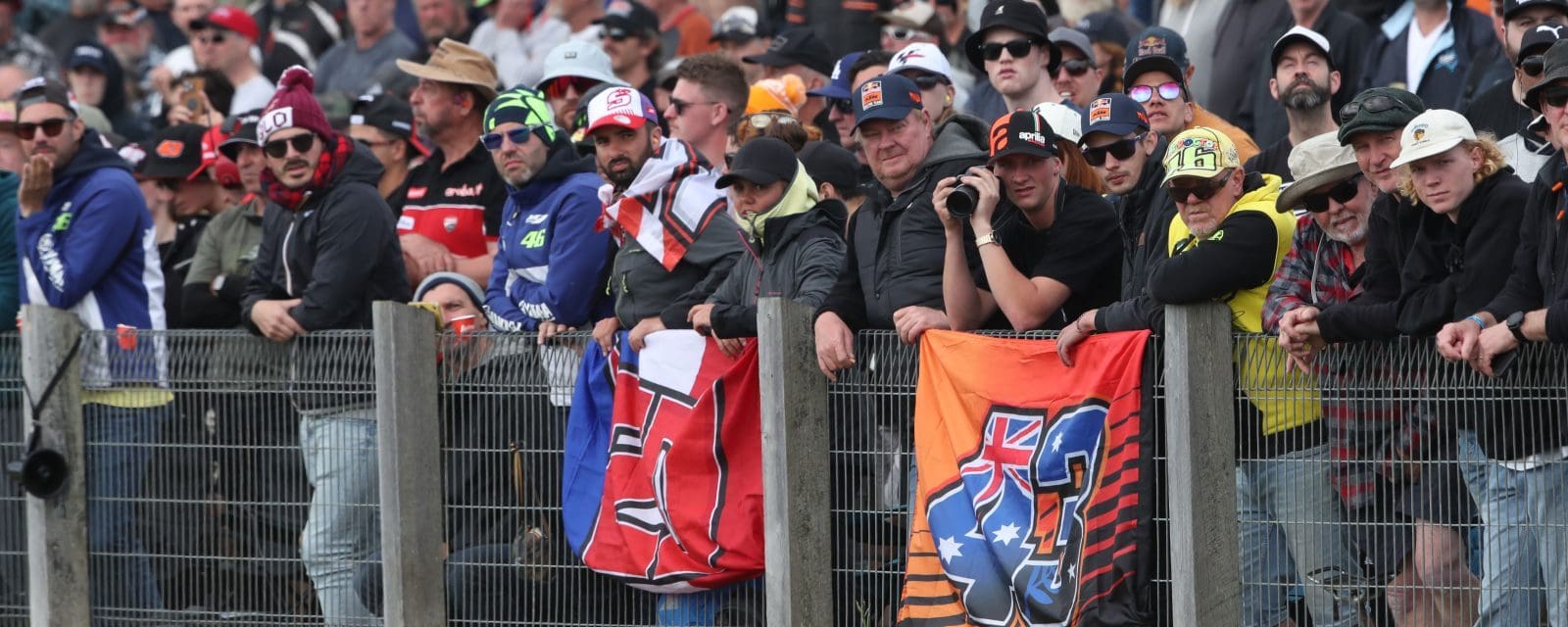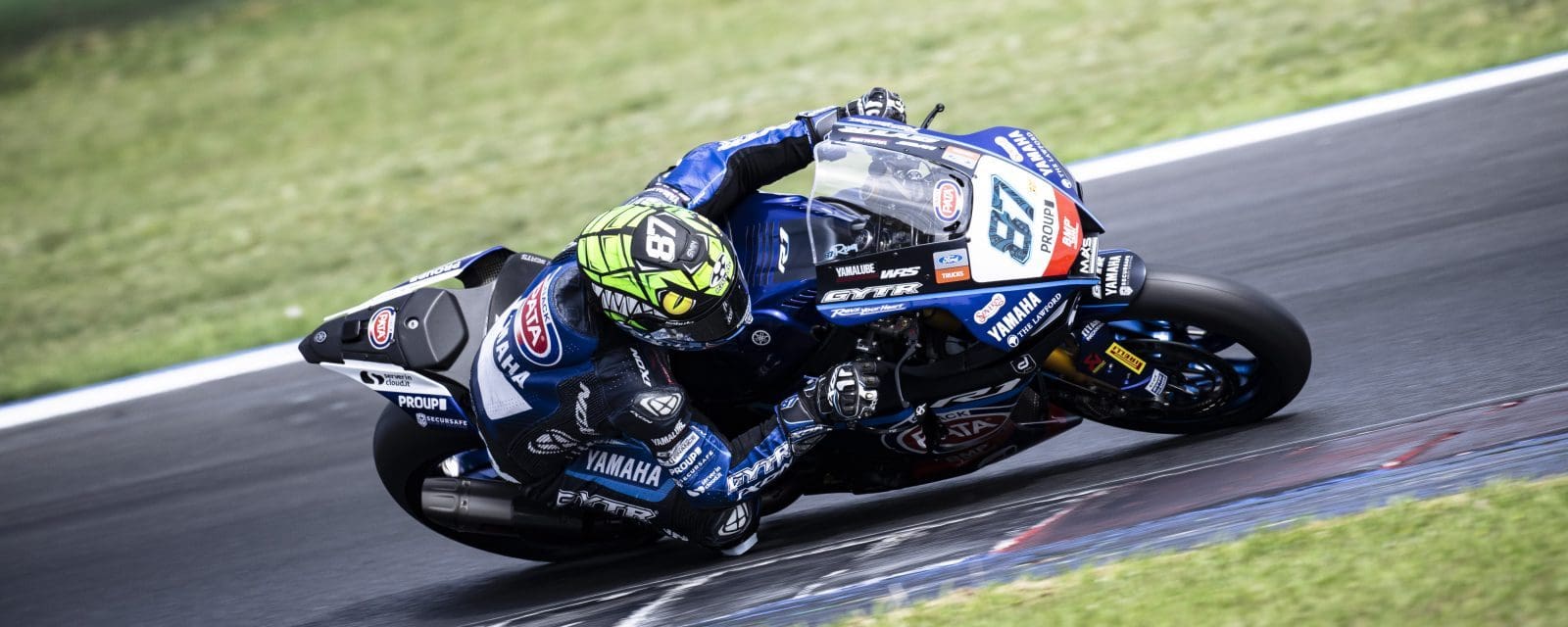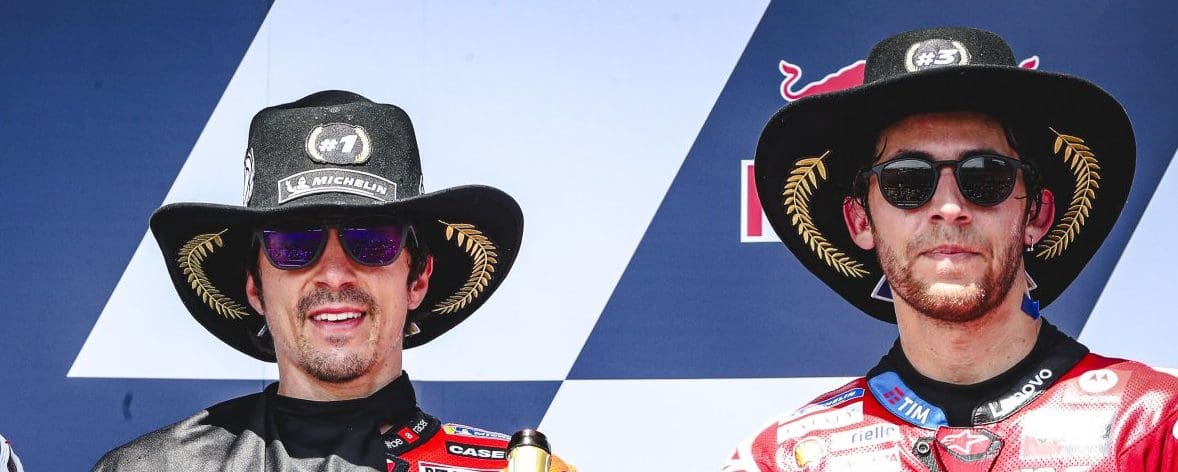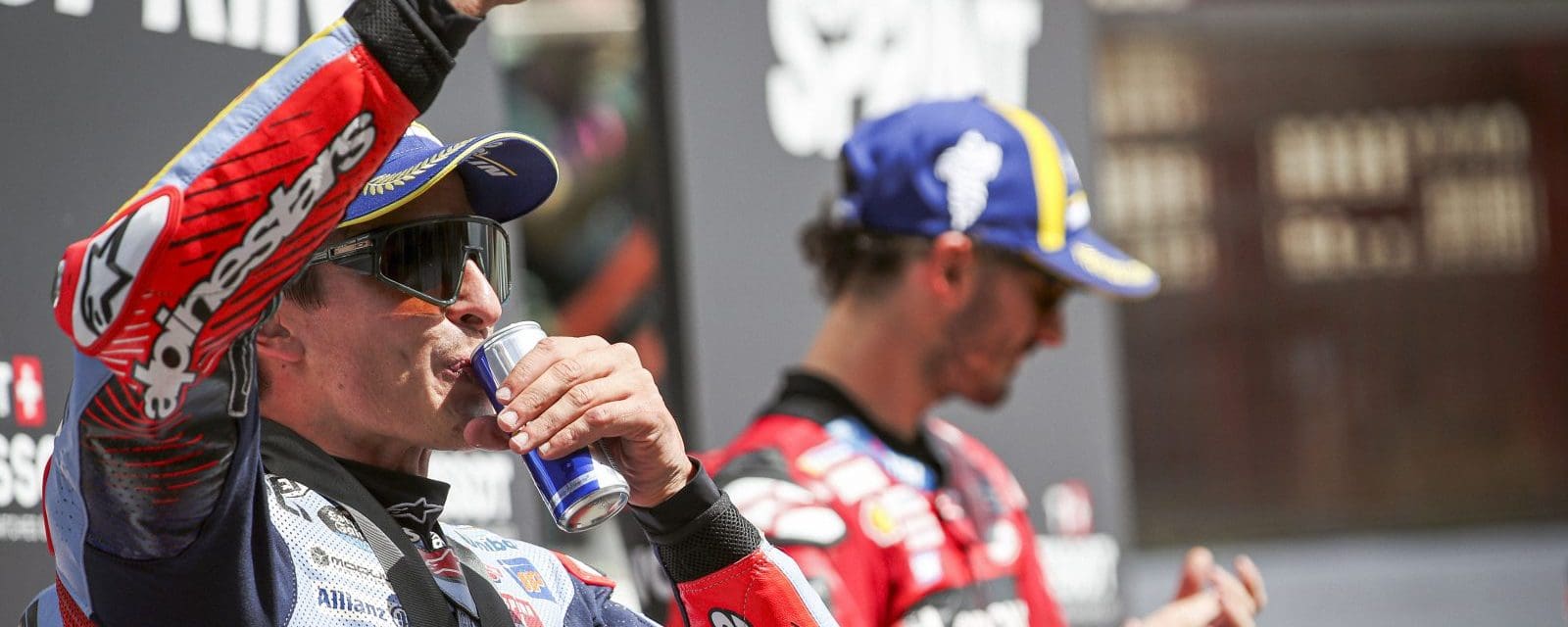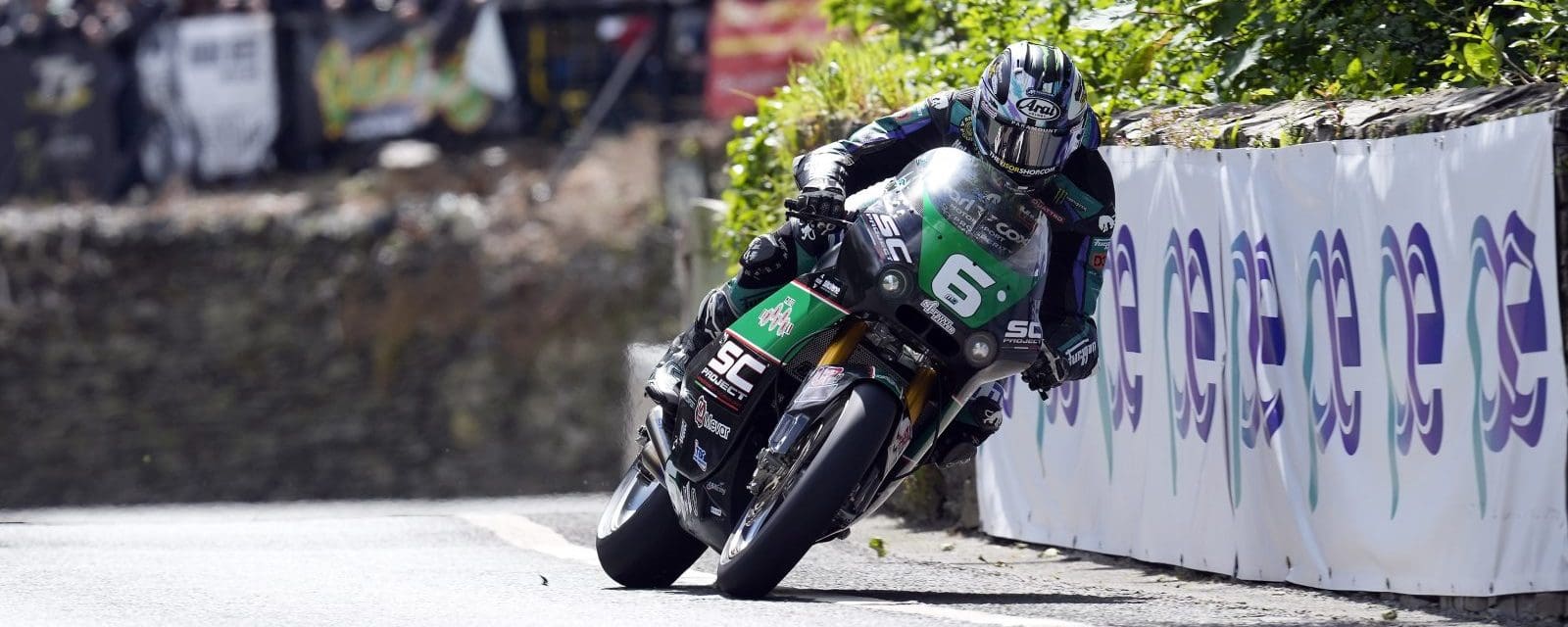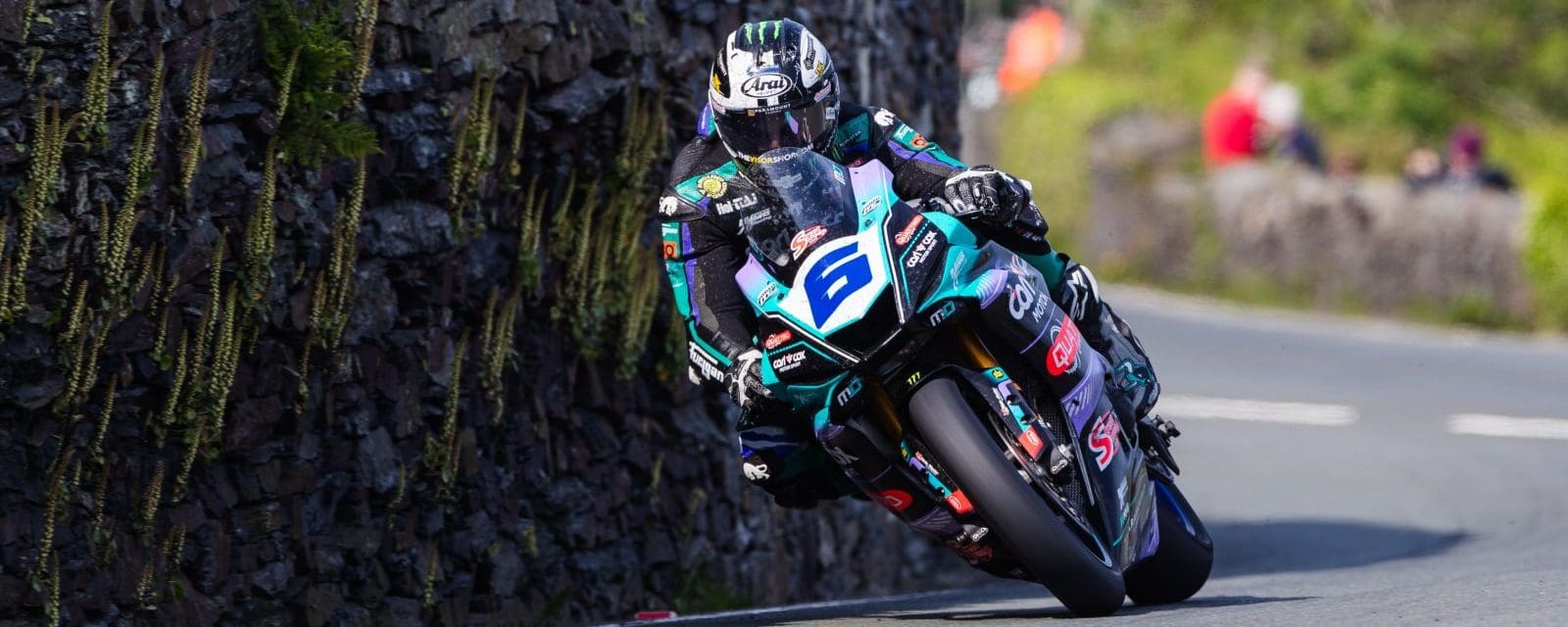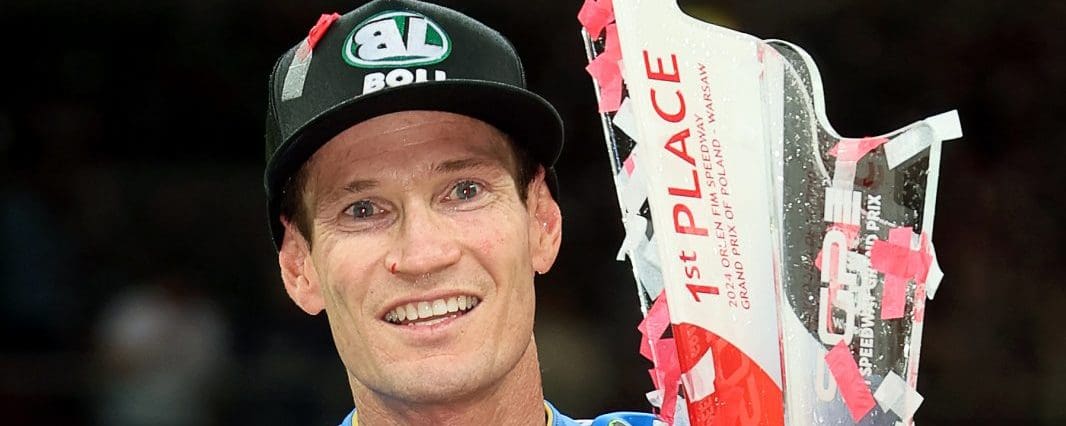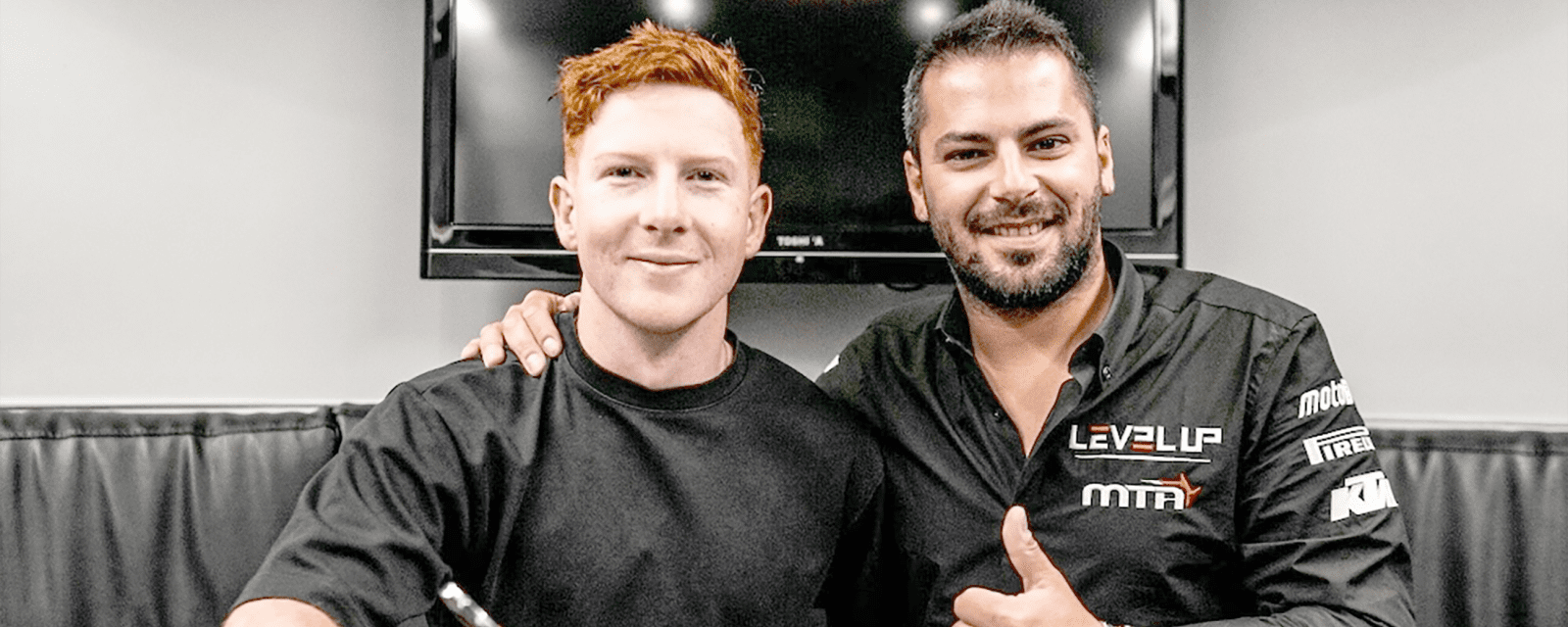I hope I’m never invited to participate in a debate on whether or not the Isle of Man TT and Manx Grand Prix should be banned due to the rising death toll. I truly don’t know if I would argue for or against.
Most race fans are quick to point out that those who race should be the ones who decide. “They know the risks before they head out,” is something you hear a lot around TT time, and I too have used this as the basis for my argument in the past. But do riders fully accept the risk, or do they merely block it out?
Human nature is a funny thing, especially among men. We will always be driven by our hunter/gatherer DNA and our innate urge to be the strongest and fastest, and that means taking risks. This throwback to our primate years also means we are cursed (or blessed) with the belief that bad things only happen to other people – this is what makes us inherently flawed, but also gives us the ability to continue trying something despite the obvious risks. Without it, we would not get out of bed in the morning through fear.
It’s easy to say three riders lost their lives at the 2017 Isle of Man TT, and then move on. But if we say three sons, Davey Lambert, Jochem van den Hoek and Alan Bonner, were killed, leaving behind devastated families, then suddenly that number has a lot more meaning.
The MotoGP world marked a year since the passing of Luis Salom with a fitting tribute at Catalunya, but in the same period seven riders lost their lives on the Snaefell Mountain Course, including Aussie Dwight Beare. The last time both the IOMTT and the Manx GP were fatality-free was in 2001, and before that it was 1982.
Have we become too flippant about the dangers of the TT? Or are we celebrating the last real gladiators of motorcycle racing? Should we be cheering them on, or calling for it to stop? Although once it’s gone, it will be gone forever.
By Chris Dobie
